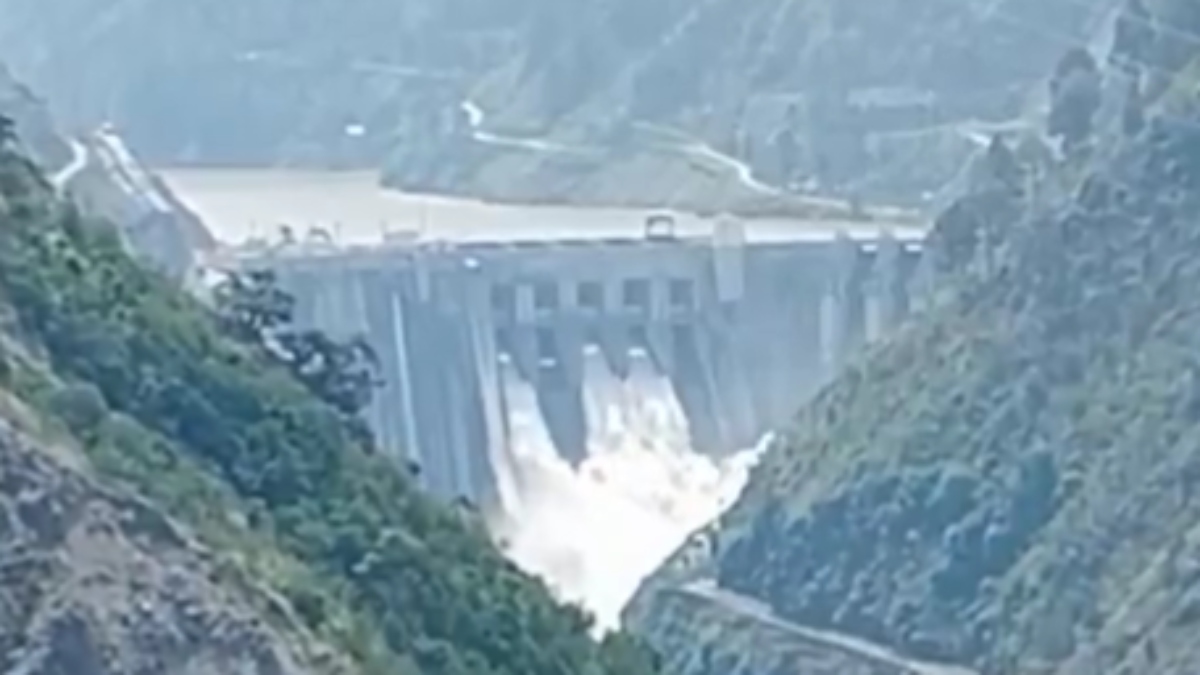Amid the ongoing row between India and Pakistan , New Delhi opened two gates of the Baglihar dam in Jammu and Kashmir’s Ramban District on Saturday. Apart from this, India also opened several gates to the Salal Dam in Reasi on Sunday. The opening of the gates led to a rise in the water levels in the Chenab .
The developments are coming at a time when India and Pakistan agreed to a ceasefire but made no mention of the Indus Waters Treaty (IWT) — which India has put on abeyance after the Pahalgam terror attack that led to the death of 26 tourists on April 22. According to PTI, the two gates of the Baglihar dam were kept open from around 8:30 am to 4.30 pm on Saturday.
#WATCH | Jammu and Kashmir | Latest visuals from Reasi's Salal Dam, built on the Chenab River; several gates of the dam are seen open.
— ANI (@ANI) May 11, 2025
(Visuals shot at 6:30 am) pic.twitter.com/48taKYUYCw
The authorities noted that gates are being opened to manage the rise in water levels that occurred due to heavy rainfall in the region the previous day. The videos of the gates being opened are also being shared on social media.
The future of the Indus Water Treaty is unclear
It is pertinent to note that under the Indus Waters Treaty (IWT) , India has exclusive rights over the eastern waters - Sutlej, Beas, and Ravi, along with their tributaries before they enter Pakistan. Meanwhile, Pakistan holds rights over the western rivers — Chenab, Jhelum, and Indus.
India put the treaty in abeyance after the Pahalgam terror attacks . Interestingly, National Conference President Farooq Abdullah has consistently opposed the IWT. “We have been saying for a long time that this treaty has to be reviewed,” Abdullah told The Times of India after it was put on hold.
Impact Shorts
More ShortsBack in March 2023, the J&K Legislative Council passed a resolution moved by the National Conference Party, urging the Union government to re-evaluate the treaty and protect the interests of the then-state.
The same calls were raised in 2011 when Jammu and Kashmir CM Omar Abdullah demanded compensation from the Centre for the losses J&K had suffered due to the treaty’s provisions. In 2010, the state government approved the hiring of a consultant to assess the financial impact the IWT had on the region.


)

)
)
)
)
)
)
)
)



